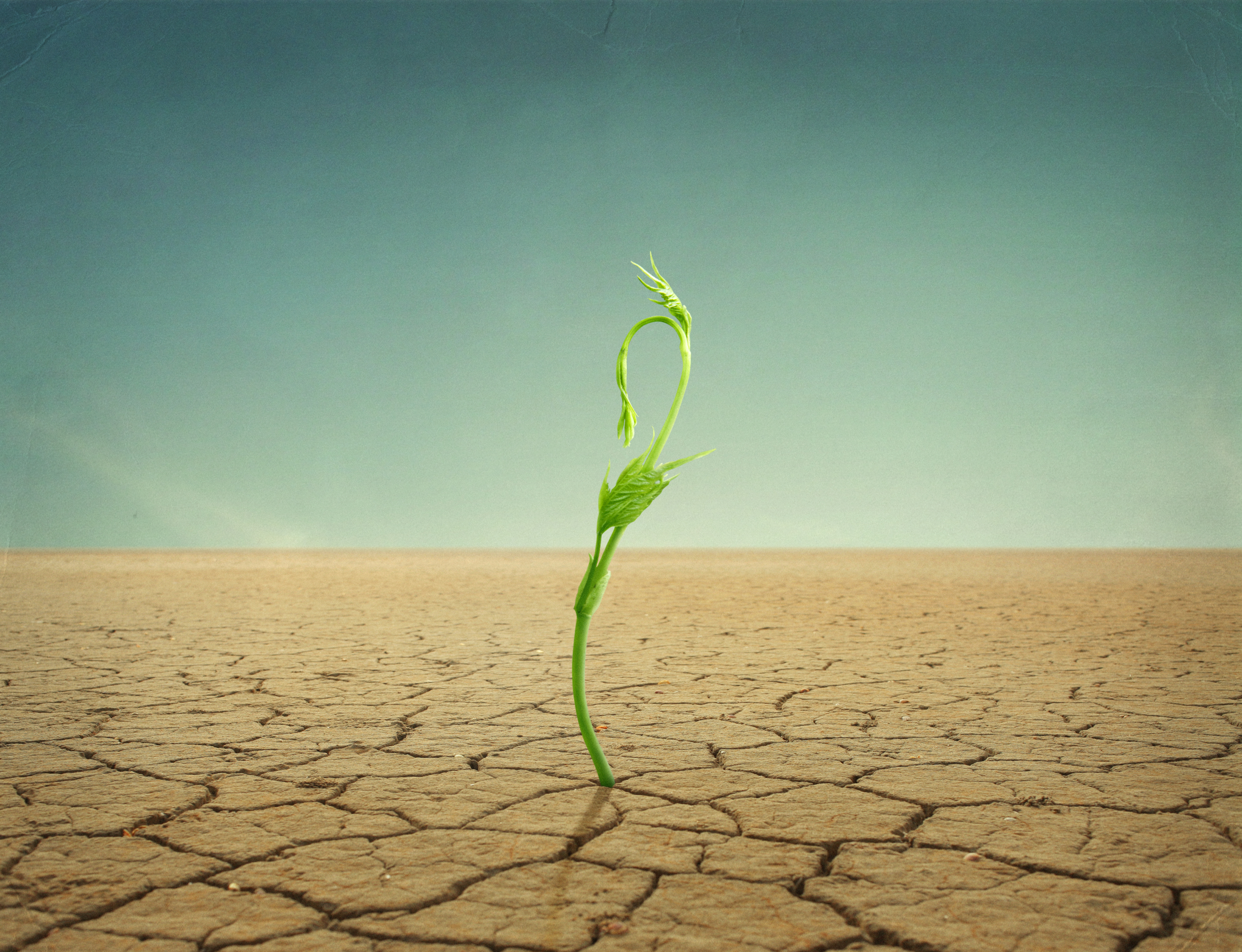We often think of health and wellness as being important for our physical well-being, but what about our mental well-being? The connection between the two—once thought to be the effect stress and anxiety have on sleep loss and muscle tension—has expanded dramatically into more grounded connections between mental and physical health. For example, psychologists now have a biological understanding of how our bodies handle stress at a chemical level.
When we’re in a stressful situation, either mentally or physically, our bodies respond by activating several hormones and go into “survival mode.” Research tells us that the body does this because it treats many different stressors the same. Whether the stress is related to a severe car crash or stems from intense anxiety over something you’re worried about—the body responds in similar ways to very different scenarios.
Now that we understand the connection between mind and body, we can recognize that by working on our mental health, we’re also indirectly helping our physical health. One very essential piece of thriving mental health is resiliency, or the ability to look adversity in the face and “bounce back” from it.
It’s important to remember that adversity is inevitable in life and is an essential part of building resiliency. Just like it’s impossible to learn to ride a bike without the bike itself, resiliency can come with struggles and hardships. The true growth comes from how you approach these adversities and conquer them. Studies show that people who focus on eliminating stress rather than interacting with it in a constructive way are far less capable of fostering their resilience.
The good news is, there are several effective methods to help you practice being more resilient in times of stress:
- Meditation
- Goal setting
- Reframing your situation
- Cognitive Behavioral Therapy (CBT)
- And many more
It’s okay if resiliency doesn’t come easily right away—it’s something that will take time to develop and grow. The more you focus on building your resiliency, the more you will be able to overcome and bounce back during stressful periods of time.




